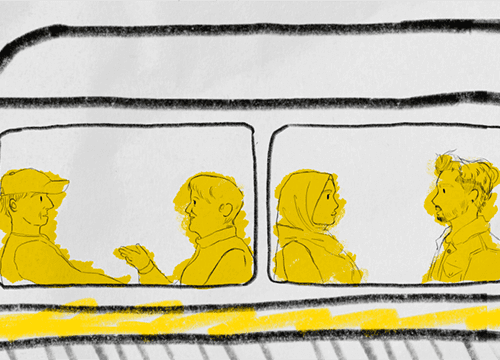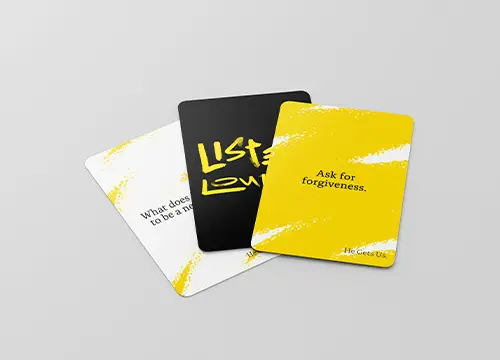For Jesus, it was issues with society at large that escalated into verbal confrontations with what we might call the religious influencers of his day — the Pharisees and the Sadducees. They made Jesus an enemy because they believed him to be a disruptive dissident who challenged their customs and character, and they were right. He strongly opposed what the Pharisees stood for and publicly scolded their hypocrisy and greed on numerous occasions. His gall shaped the Pharisees’ anger, and as his following grew, so did their disdain.
The elite was not the only group who had a bone to pick with Jesus. Common folk made an enemy out of him, too. Some felt that his message was too blatant, too brazen, even ludicrous. So, they took it upon themselves to make him feel unwelcome in his hometown and in cities across Israel. After all, it was an incensed crowd, not only a handful of religious elites who demanded that Pontius Pilate condemn Jesus to death. Ironically, he had famously rode into Jerusalem on a donkey a week prior, and many were ready to crown him king. However, the aforementioned religious elite were quite powerful and used their influence to drown the voices of those who supported him and turned those on the fence away from him.
Jesus faced a mountain of outward enemies, but he also faced opposition from his inner circle. In arguably one of the most notorious cases of betrayal ever, Jesus had to navigate the emotional strain of being offered up to the authorities by one of his own — Judas. It was his own friend, one of his inner twelve, who led the Roman authorities to Jesus in the Garden of Gethsemane. For three years, Jesus treated Judas as a confidant, a brother. Only for Judas to later reveal himself as one of his most detrimental foes, a wolf in sheep’s clothing.
Jesus appeared to have a laundry list of enemies, but how did he react to those who opposed him? Well, he didn’t fight fire with fire. He chose different weapons to combat his enemies — love and forgiveness. But what does that really mean? Jesus talked a lot about forgiveness, and we reference it all the time, but it’s one of those words that’s been used in so many different ways it’s started to lose its meaning, so we explored it a little deeper here in the next article in this series.




